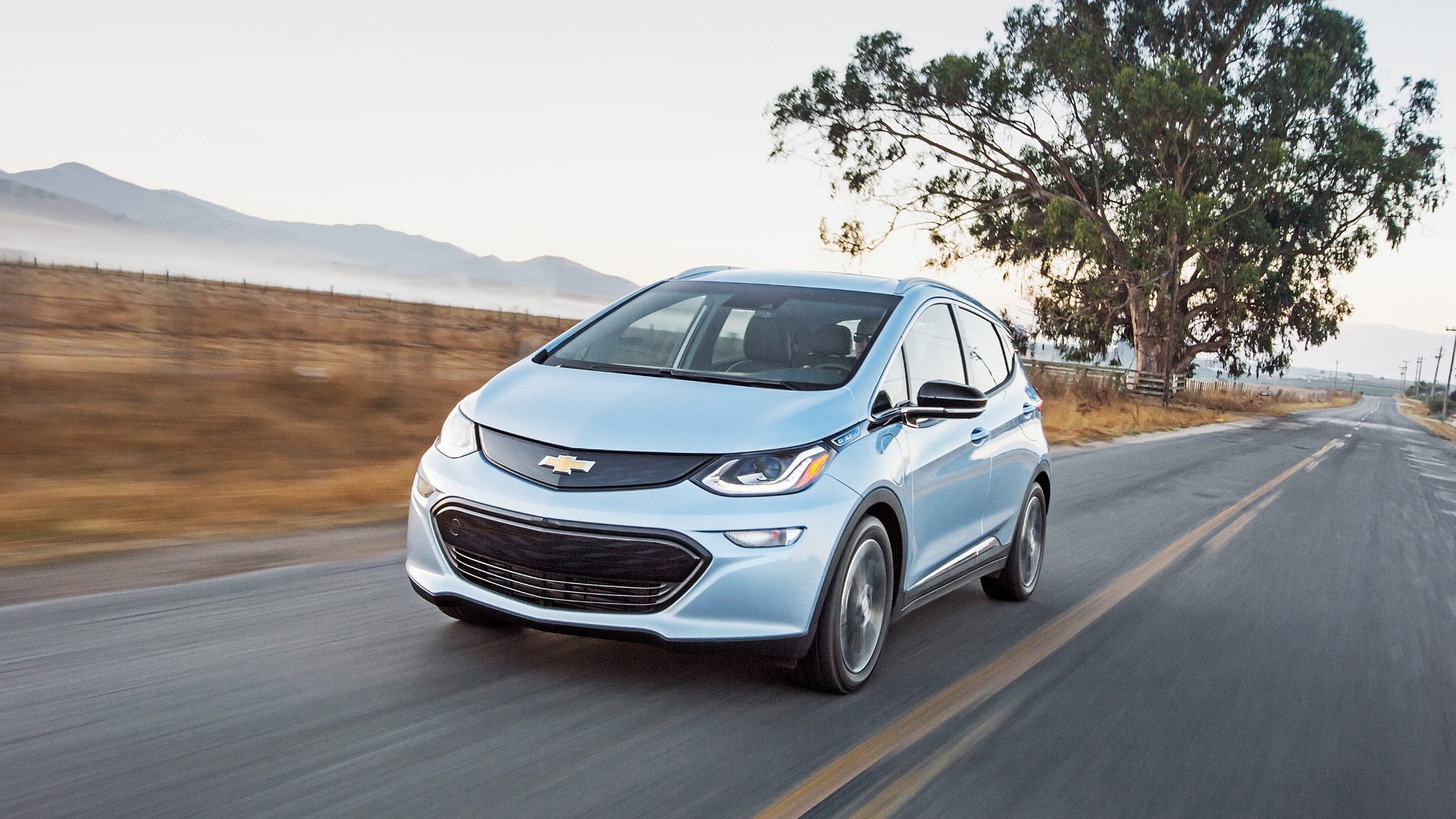

They’re almost at the tipping point. General Motors thinks electric cars are on the brink of going mainstream in the U.S.—but the carmaker also believes that it and other automakers will soon exhaust current government incentives that help push .
“We are near the tipping point for mainstream adoption,” Darin Gesse, product manager for the Chevrolet Bolt, said in an interview with WardsAuto. That confidence seemed to be rooted in the Bolt’s combination of a 238-mile range and a base price of $37,495. That drops to just under $30,000 when the $7,500 federal tax credit for electric cars is applied. Those incentives have helped drive demand for electric cars so far, but eligibility is based on sales caps GM and other automakers may soon exceed.
A range of at least 200 miles with a price below $40,000 is often touted as the necessary combination for taking electric cars mainstream. It brings a reasonable amount of range into the vicinity of what most Americans pay for a new gasoline car. But the more electric cars automakers sell, the closer they come to eliminating an important resource.
The federal tax credit is capped at 200,000 electric vehicle sales. Once an automaker reaches that limit, the credit begins to phase out. The amount available gradually decreases over a year and a half, eventually disappearing altogether in the sixth quarter after the automaker reaches that 200,0000-unit limit.
WardsAuto says GM has delivered 1501,051 electric cars and plug-in hybrids since January 1, 2010, when counting began for the credits. (Plug-in hybrids count toward the total, and they receive their own smaller tax credit.) Tesla is in second place, with 130,970 electric car sales, according to Wards.
But Tesla may hit the limit before GM. The Silicon Valley automaker is working to fill a massive backlog of Model 3 orders, and hopes to build 500,000 electric cars next year.
That said, even after the biggest producers of electric cars hit their sales caps, state and local governments could continue to offer incentives. But the end of the federal tax credit will be a major test of whether electric cars really hold mainstream appeal.